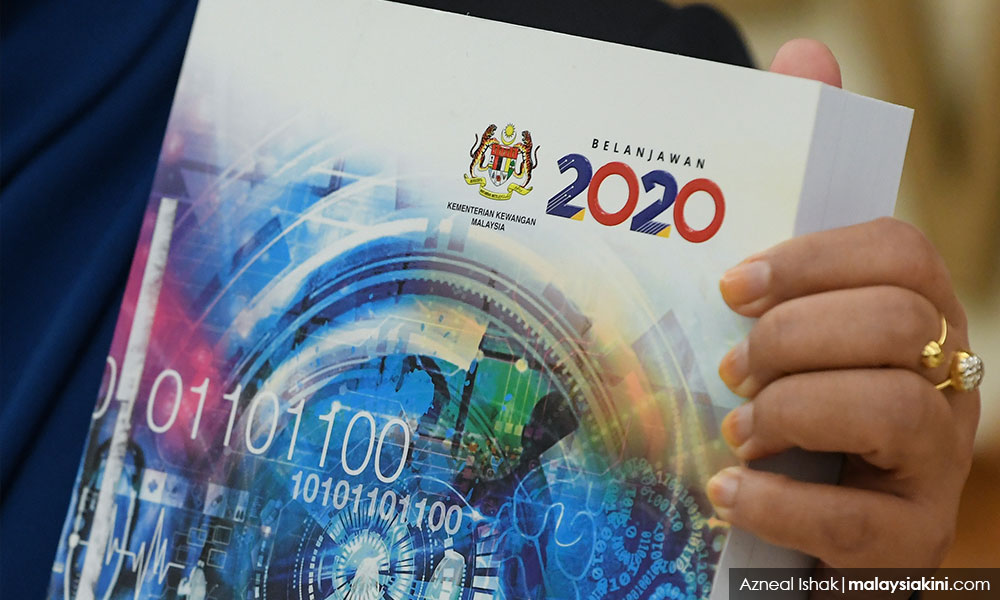
Various NGOs and businesses have weighed into Budget 2020 following its tabling in the Dewan Rakyat today.
Some are happy at the measures introduced for women, employees and tourism while others say the budget does not go far enough to address their concerns.
Below is a compilation on the Budget 2020 conversation by the stakeholders and analysts.
Women's Aid Organisation (WAO) executive director, Sumitra Visvanathan:
We are excited to hear about the Women@Work incentives for women and companies, to encourage and enable women to return to work.
The allocation of RM30 million for childcare facilities, especially in schools and hospitals, is a significant and welcomed increase.
Access to childcare would enable more women to participate in the workforce, as currently, over 2,563,800 women in Malaysia were not working due to “housework or family responsibilities”.
There is also an increased tax exemption for childcare fees.
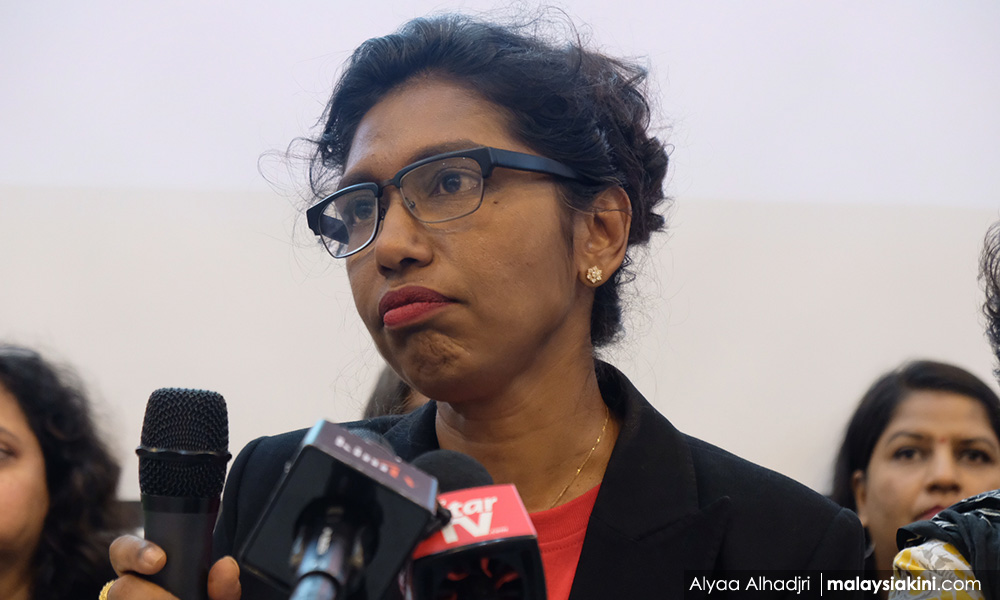
We are pleased that some positive amendments to the Employment Act have been announced – including increased paid maternity leave, improved sexual harassment protection, and prohibition of discrimination on the basis of gender, race, and religion.
It is encouraging that the government has announced RM80 million towards 67 Social Welfare Department institutions.
In addition to institutions, we hope the government plans to increase funding for frontline officers handling welfare cases and abuse cases.
Center to Combat Corruption & Cronyism (C4 Center) executive director, Cynthia Gabriel:
Generally, it is a positive looking Budget for anti-corruption and improving enforcement accountability.
However, we hope the funds can also be allocated for structural reforms in the MACC and related institutions like the attorney general's office so that they can be more effective and independent.

We note with some concern that several mega big-ticket projects will continue. We understand the government needs to boost the economy, but it must be sustainable.
We hope more can be done to ensure more transparency and accountability in the implementation of these projects.
Penang Fishermen's Association chairperson, Nazri Ahmad:
Thank you for the budget as development is making life difficult for fishermen and the increase in allowances (RM200 to RM250 a month) in some way helps with fishermen community.
But I have yet to hear about fuel subsidy for fishermen and whether it is being reduced or increased as there was already a reduction in 2019.
Malaysia Trade Union Congress secretary-general, J Solomon:
While the union welcomes the increase of minimum wage to RM1,200 in major cities, the amount is not enough to support the rising cost of living.
MTUC hopes for the minimum wage to be increased to at least RM1,800 and hopes the government will conduct studies every six months on raising the minimum wage.
The MTUC takes note of the government's plan to amend the Employment Act to extend the eligibility of overtime pay for workers earning up to RM4,000 a month from RM2,000 a month.
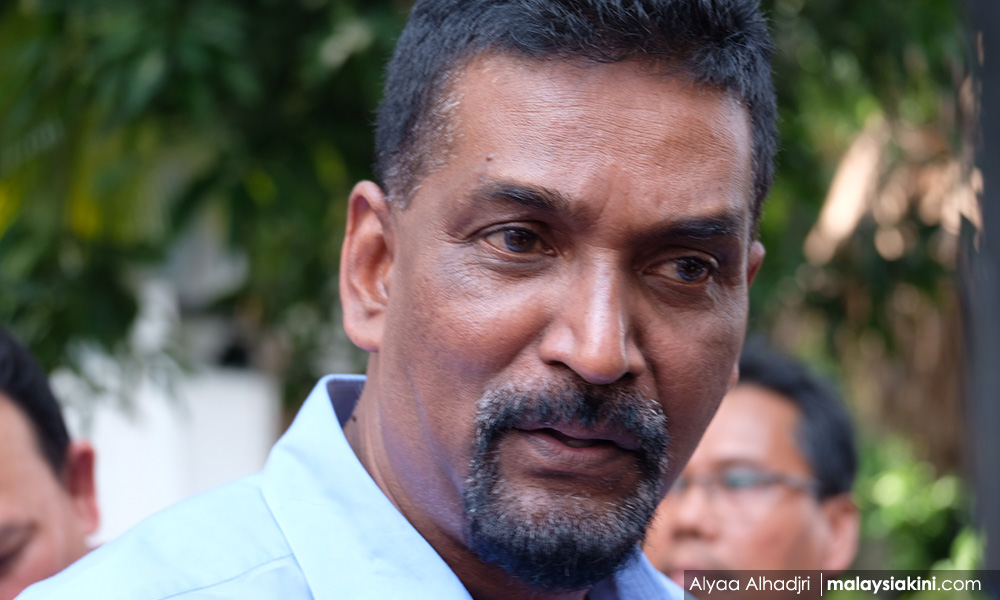
MTUC regrets the government did not introduce an RM500 cost of living allowance for private-sector workers as urged by the MTUC.
MTUC welcomes the decision to increase the maternity leave from 60 days to 90 days beginning 2021 even though MTUC had asked for 98 days in its proposal.
MTUC also agrees with the government measure to amend the Employment Act to protect workers in dealing with sexual harassment and religious, racial and gender discrimination.
The #MalaysiaKerja scheme will need sincere involvement of employers as well as a change in attitude from graduates.
Malaysian Association of Tour and Travel Agents (Matta) president, Tan Kok Liang:
We are delighted with the accelerated capital allowance for the purchase of completely knocked down (CKD) tour vehicles for two years and a 50 percent reduction of excise duty for locally assembled vehicles.
This will allow operators a great window of opportunity to replace their ageing vehicles at a much reduced cost.
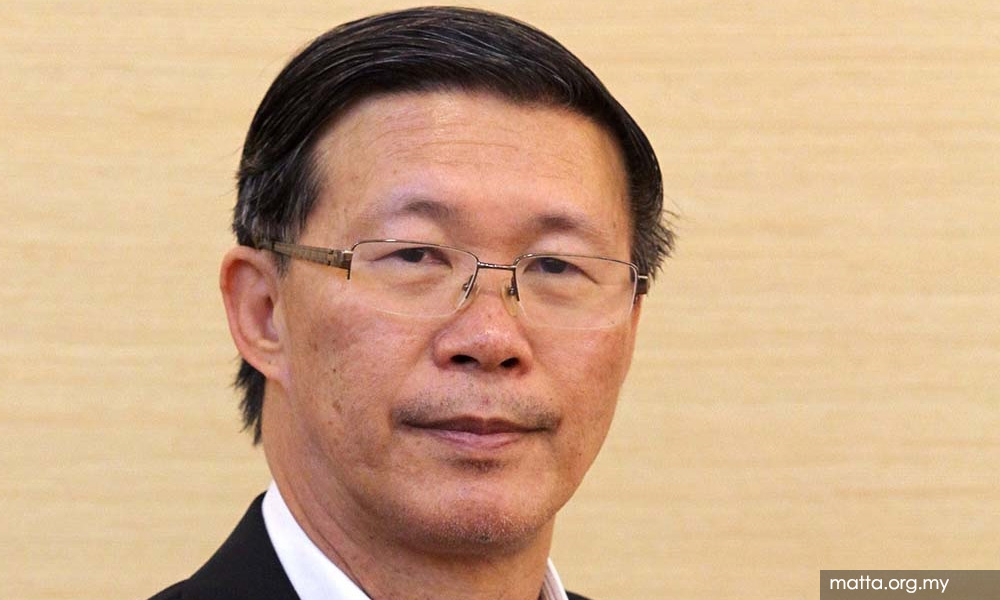
Modernising their fleet will provide greater comfort to tourists during Visit Malaysia 2020 and enhance the image of the country.
The RM1.1 billion allocated to the Ministry of Tourism, Arts and Culture (Motac), of which RM90 million has been allocated for promotions.
This should empower Motac to step up enforcement and continuation of incentives, such as the matching grant under Galakan Melancong Malaysia (Gamelan Malaysia 2019)
Penang Malaysian Association of Hotels chairperson, Khoo Boo Lim:
Finally, some good news for tourism but the budget must be used wisely and effectively.
It is good that 50 percent of the Tourism Tax collected is maintained and given back to the respective States.

MOTAC needs to revamp the whole Ministry especially the overseas offices. The current condition of some offices I have personally seen are deplorable and does not reflect the image of the country.
The ministry must also seriously look into the staffing of both overseas and locally by appointing the right people to head it.
CIMB group chief executive officer, Tengku Zafrul Aziz Tengku Abdul Aziz:
This is a budget that truly reflects the government’s shared prosperity vision, carefully curated to benefit the Rakyat across all major races, and main segments like the small and medium enterprises (SMEs) and the B40.
We laud the sharper focus on advancing the nation’s digital transformation, while also ensuring the benefits will be broad-based, enabling all segments of society to capitalise on the country’s enablement of 5G and other new technologies.
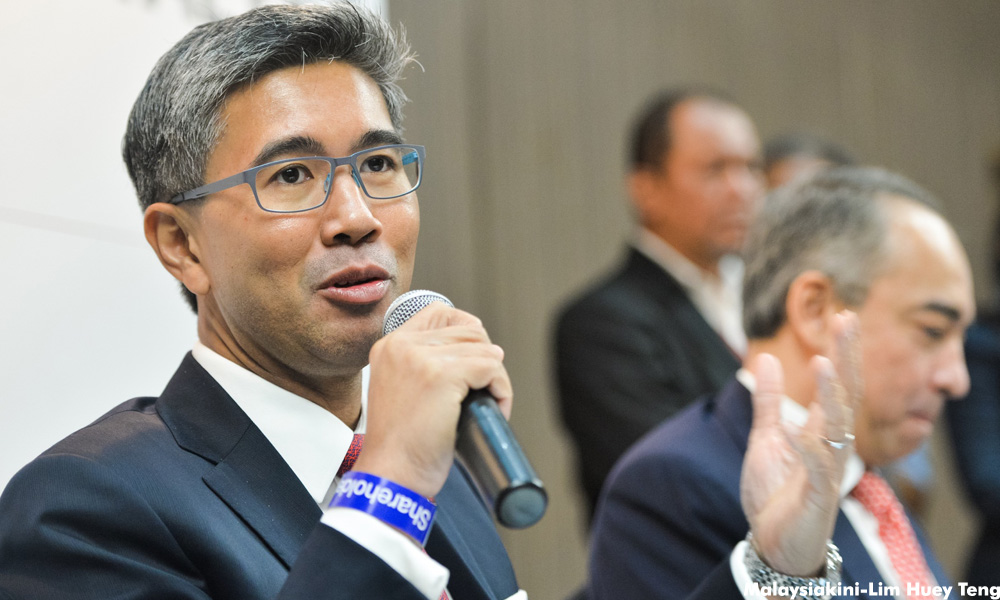
This is clear from the tax incentives for knowledge-based foreign investors and encouraging a cashless society, to piloting technology like autonomous vehicles and blockchain.
An additional boost to SMEs is the government’s incentives on the development and certification of halal businesses, which will feed into the global halal market valued at US$3 trillion.
We welcome the government’s support for Sustainable and Responsible Investment (SRI) Sukuk, as well as tax incentives for investments in renewable energy technology right through to 2023.
Asli Centre for Public Policy Studies chairperson, Ramon Navaratnam:
This mildly expansionary Budget 2020 strategy would be welcomed by international rating agencies that are closely watching our deficits and debts.
If Budget 2020 strategy expands too strongly, we run the risk of being downgraded in our credit ratings and investor and public confidence in our budget and economy would suffer badly hence the budget 2020 strategy is right, proper and sustainable.
The tax increase for those earning more than RM2 million – is a progressive fiscal measure for sharing.
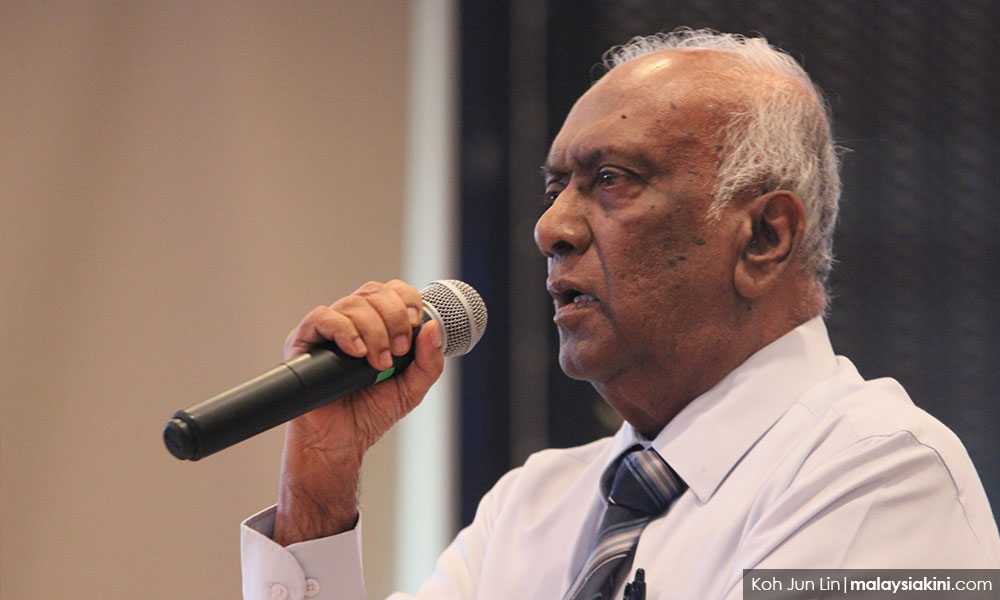
The Budget 2020 under the current circumstances is realistic and pragmatic but it could have been more progressive.
It could have taxed the rich more through more progressive taxes and charges like fees for public services like tolls, electricity and hospital charges, etc.
Regrettably, there were no new structural changes introduced by the Budget 2020.
Hopefully, the budget proposals, will be implemented, on the needs-based and not race-based policies.
Grab Malaysia:
We believe that the spirit of the Budget 2020 resonates with the three pillars of ‘Grab for Good’ - to improve digital inclusion and literacy, to empower micro-entrepreneurs and SMEs, and to build a future-ready workforce.
We also welcome our government’s direction to encourage a cashless community.
Based on a study by Nielsen, only eight percent of Malaysians use e-wallets.
A progressive, cashless economy would help micro-entrepreneurs and SMEs grow without the cost, burden and safety concerns that come with managing cash.
Cisco Malaysia managing director, Albert Chai:
Budget 2020 exemplifies the government’s continued resolve to build the necessary foundation for Malaysians to capture the full potential of the fourth industrial revolution (IR 4.0).
We commend the supportive measures such as the smart automation matching grant
of up to RM2 million for local manufacturers and services companies to embrace digitalisation.
This, coupled with the tax incentives provided to the electrical and electronics electrical and electronic industry to facilitate investment in next-generation technologies will definitely spur the pace of technological adoption, especially among manufacturers.
However, access to skilled talent and experts is still a crucial challenge for the country in order to unlock this value.
Thus, we welcome the government’s allocation of RM11 million to the Ministry of Energy, Science, Technology, Environment and Climate Change (MESTECC) to encourage the uptake of Science, Technology, Engineering and Maths (STEM) education.
Overall, with digitalisation at its core, the Belanjawan announced today sets the nation on the right course as Malaysia forges onwards towards its Shared Prosperity Vision by 2030. - Mkini


No comments:
Post a Comment
Note: Only a member of this blog may post a comment.